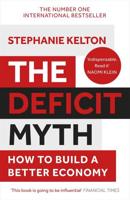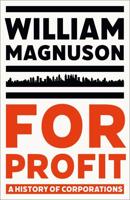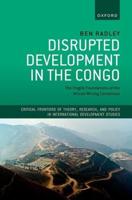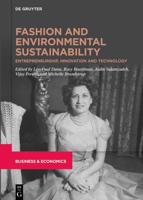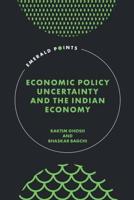Publisher's Synopsis
The book is describing the application of Islamic Sharia'a on the banking system in Sudan. Islamic Banking is a dream of Muslims' faith that call for abolishing the assumed usury profits, e.g., banks interest rates, integrating small entrepreneurs into the official financing institutions and supporting national development. That requires an economic system that contains specific banking structure that cater for the mentioned targets. The so-called Islamic Banking in Sudan was introduced in the 1980's of the previous century. That banking system expanded with the Islamic National Salvation seizing of power in the country. However, its modus operandi seems similar to traditional banking in providing short term financing, less for national development projects, dubious poverty alleviation schemes and high rates of interests for financing customers. Most financing goes to big companies, importers and exporters and merchants. The case study is Omdurman National Bank which all the previously mentioned parameters typically applied for it operational mode. The study concludes that there were no visible differences between the banking rules carried out in both traditional and Islamic banks in Sudan. The financing modes are probably because of the country's unstable economic performance and loose application of the Islamic finance. Moreover, it is probably of loose interpretations of the Islamic Sharia'a.

